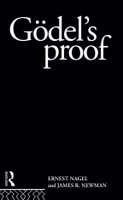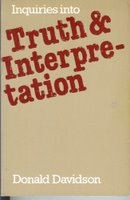Frisch, Mathias - Inconsistency, Asymmetry, and Non-Locality: A Philosophical Investigation of Classical Electrodynamics
 I have two main aims in this book. The first is within the philosophy of physics: I want to investigate certain aspects of the conceptual structure of classical electrodynamics. This theory has been largely ignored by philosophers of science, probably at least partly due to the mistaken view that it is conceptually unproblematic. For much of the history of the philosophy of physics, philosophers have been interested mainly in quantum physics and, to a somewhat lesser extent, the theory of relativity. While there are good reasons for this narrow focus, it has come at a cost in that it has led to somewhat of a caricature view of classical physics, part of which is the belief that classical physics is philosophically uninteresting. Thus, when philosophers mention classical electrodynamics at all, it usually is as the paradigm of a causal and deterministic classical theory. As I will argue, this perception of the theory as satisfying all the conditions on the methodologist's wish list, as it were, is wide of the mark. In fact, the most common theoretical approach to modeling the interactions between charged particles and electromagnetic fields is mathematically inconsistent despite the fact that it is strikingly successful.
I have two main aims in this book. The first is within the philosophy of physics: I want to investigate certain aspects of the conceptual structure of classical electrodynamics. This theory has been largely ignored by philosophers of science, probably at least partly due to the mistaken view that it is conceptually unproblematic. For much of the history of the philosophy of physics, philosophers have been interested mainly in quantum physics and, to a somewhat lesser extent, the theory of relativity. While there are good reasons for this narrow focus, it has come at a cost in that it has led to somewhat of a caricature view of classical physics, part of which is the belief that classical physics is philosophically uninteresting. Thus, when philosophers mention classical electrodynamics at all, it usually is as the paradigm of a causal and deterministic classical theory. As I will argue, this perception of the theory as satisfying all the conditions on the methodologist's wish list, as it were, is wide of the mark. In fact, the most common theoretical approach to modeling the interactions between charged particles and electromagnetic fields is mathematically inconsistent despite the fact that it is strikingly successful.





























